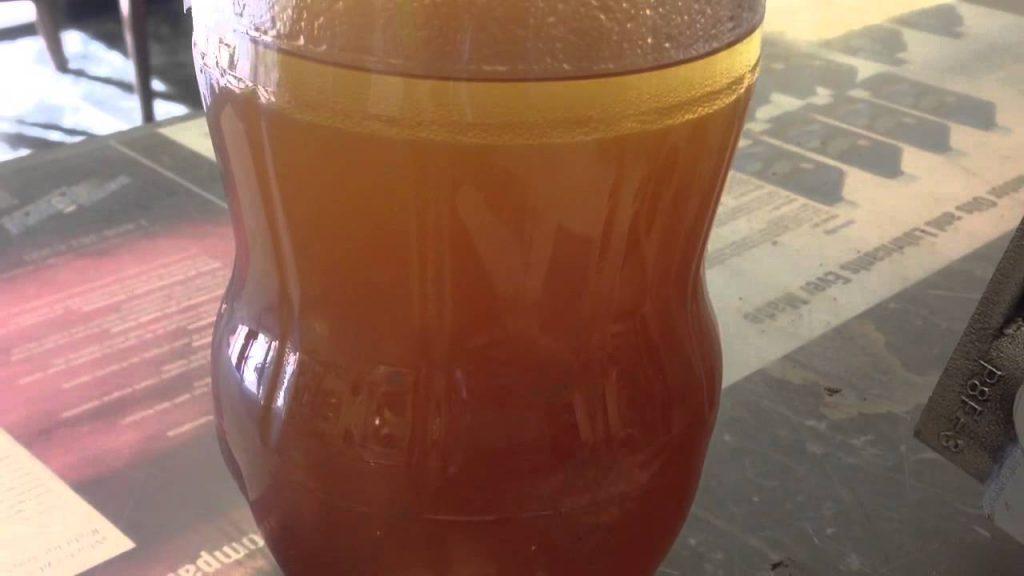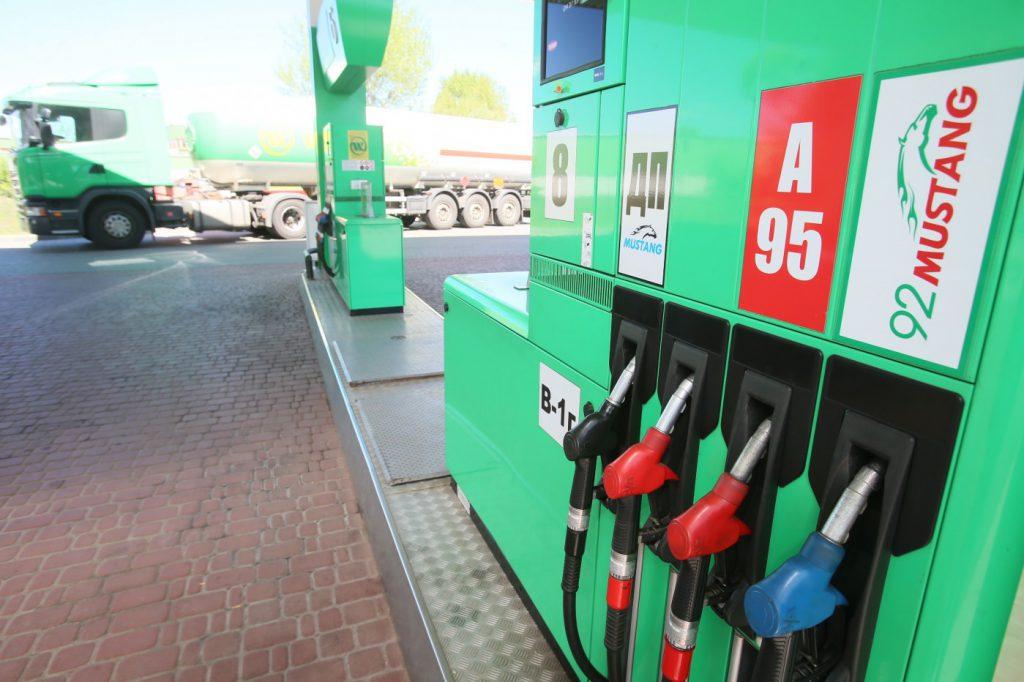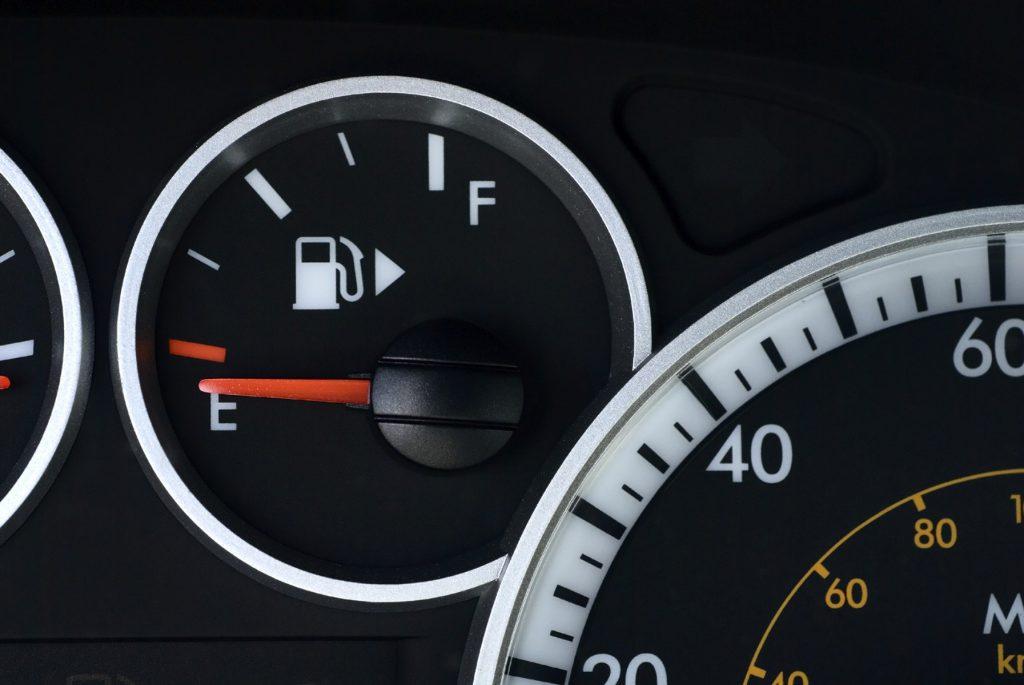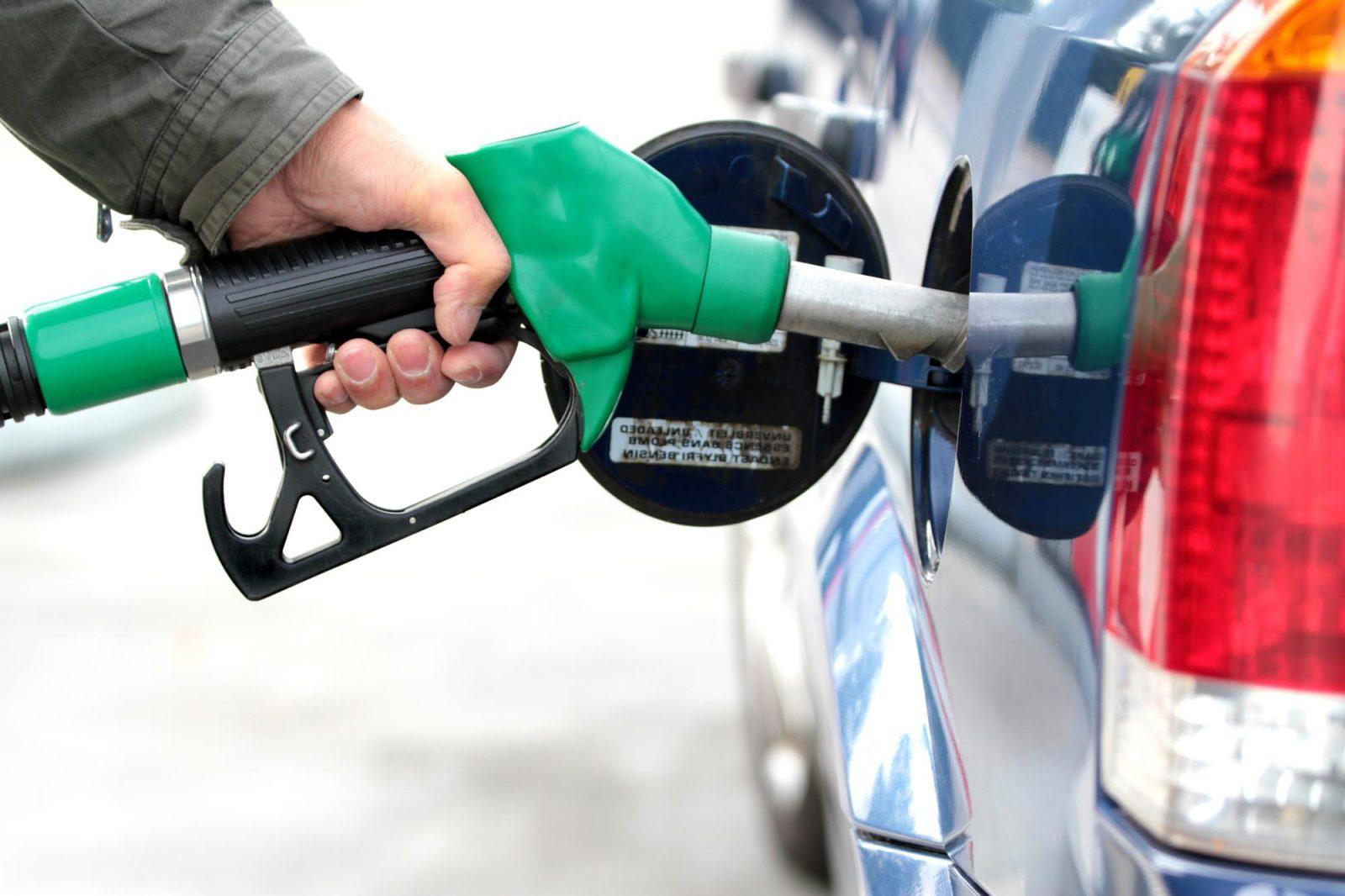Most drivers are likely to experience low-fuel light illuminating from the dashboard at least once. Does this light work as an anxiety for you? For some folks, it can be exciting how far they can push the gas tank to its limit. Have you ever thought how long does it take for gas to go bad? Well, it entirely depends on how you drive the car and whether you are aware of gasoline wasting mistakes or not. In old days, drivers cared more about their horsepower than anything else but now, everybody is desperate to drive a few extra miles cutting out their gas bill.
SEE MORE:
Contents
How Long Does it Take for Gas to Go Bad in a Car?
-

Explore how long does it take for gas to go bad. Source: Youtube
Before knowing how long does it take for gas to go bad, first, you need to know the ways to identify bad gas. Usually, oxidized fuel turns darker over time and smells sour. To check its condition, pour the gas into a clean glass and compare it with a fresh gas. If the old gas looks dark in color, it is probably because it has gone bad.
1. How Long Does it Take for Gas to Go bad?
Several factors are responsible for knowing how long does it take for gas to go bad. The shelf life of gasoline depends on the storage conditions and type of gas used. It varies from a range of months to a couple of years. One key factor responsible for the gas to bad is that it is actually old and stored for months.
Secondly, the gasoline has the mixture of better or more oxidation inhibitors than others, which makes it bad in no time. That is why people check the gasoline of their vehicle to avoid this situation.
2. Why does the Gas Go Bad?
There are several reasons that cause the gas to go bad. Unlike the crude oil, gasoline has certain chemical-specific characteristics with highly refined products. Using the wrong seasonal blend affects the volatility of characteristics of the gas. Thus, in the summer, gas doesn’t evaporate easily while in the winters it does.
Secondly, the lighter fractions such as iso-butane, toluene, etc. are responsible for evaporating gasoline, which results in harder fuel. In addition to this, the anti-gumming additives degrade over time, causing sedimentation inter-react with heavier molecules. This process results in evaporation of the gasoline. Due to evaporation of gasoline, the engine’s performance diminishes to multiple folds. The engine may still start and run but probably won’t be as efficient as earlier.
However, the good thing is once the old gas is consumed, the tank filled with fresh gas will eliminate the problem itself. And, make sure that the gas cap and portable gas containers are tightly secured.
How to Avoid Bad Gas Situation?
-

Valid Reasons for how long does it take for gas to go bad. Source: Drive2
If you know your gas will sit in your tank or the storage container for a couple of months, then the best move is to buy some fuel stabilizer. Mix it well with the gasoline when storing the gasoline for long-time or leaving the equipment fuel for the winter. The stabilizer is very effective as it prevents oxidation and dust that turns gas into the garbage, which further, gunk up the system and leads to a costly repair.
Gasoline-Wasting Mistake Drivers Make
-

Taking care of how long does it take for gas to go bad. Source: HotCars
Now, as you are aware that gasoline can go bad, ruining your car’s engine, here are a few gasoline mistakes that most drivers make.
1. Driving Fast
It’s true that highway mileage is better than the city. Does a faster mean better? Not really! At the speed of 60mph, the gas mileage drops a lot more than drivers realize. At a high speed, it takes more power to face the added resistance, hence, the engine works harder. A lot more than you can expect.
If you have a display that shows the difference between 60 mph and 80 mph and relative gas mileage, the result will be substantial and obvious.
2. Driving Slow
The same logic applies to the inefficiency of the car when it is slow. If you think driving slow is the answer to how long does it take for gas to go, you are wrong. If your car has manual transmission system and you know precisely the gear that is efficient in each speed range, there are chances you get close to car’s optimal speed. However, nowadays most cars have automatic transmissions, which downshifts into a lower gear in case you drag along it too slowly.
Even driving a slow RV can result in improper combustion of fuel and thus, resulting in bad RV camping.
2. Speeding too Quickly
Do you know why your cruise control pushes the car gradually when you use the ‘accel’ button? That’s because the car’s engine knows that accelerating too fast damages its efficiency. Although, humans like fast results, speeding gradually save gasoline and engine’s power.
It is extremely important that you take care of every aspect of your vehicle for smooth running. Most people are unaware of how long does it take for gas to go bad, however, timely refueling and knowing some important maintaining tips will keep the engine in a good condition.
Make sure the gas is filled to the right level for smooth car functioning.




Ive learnt something unheard off,never knew gas would go bad..wow